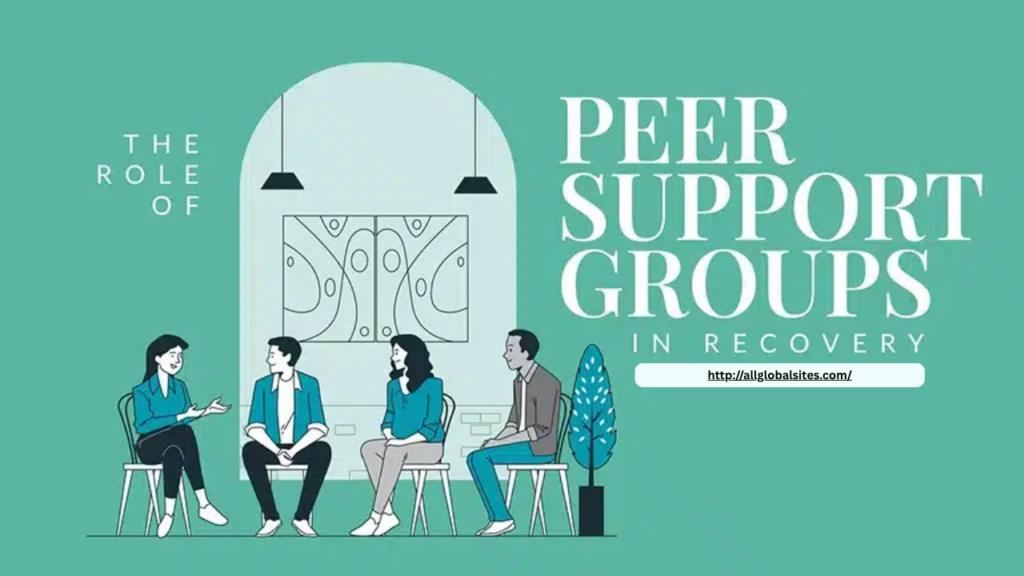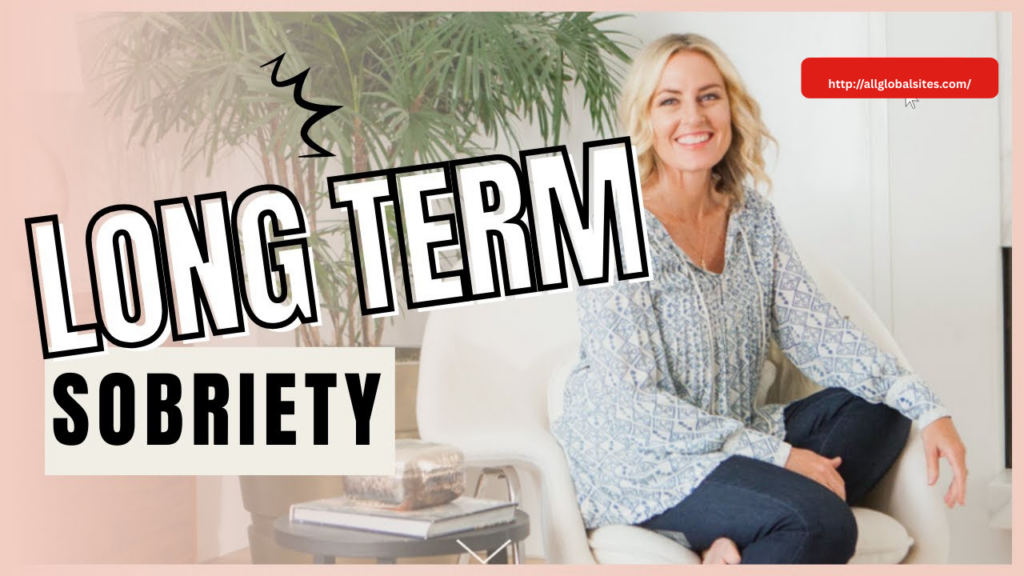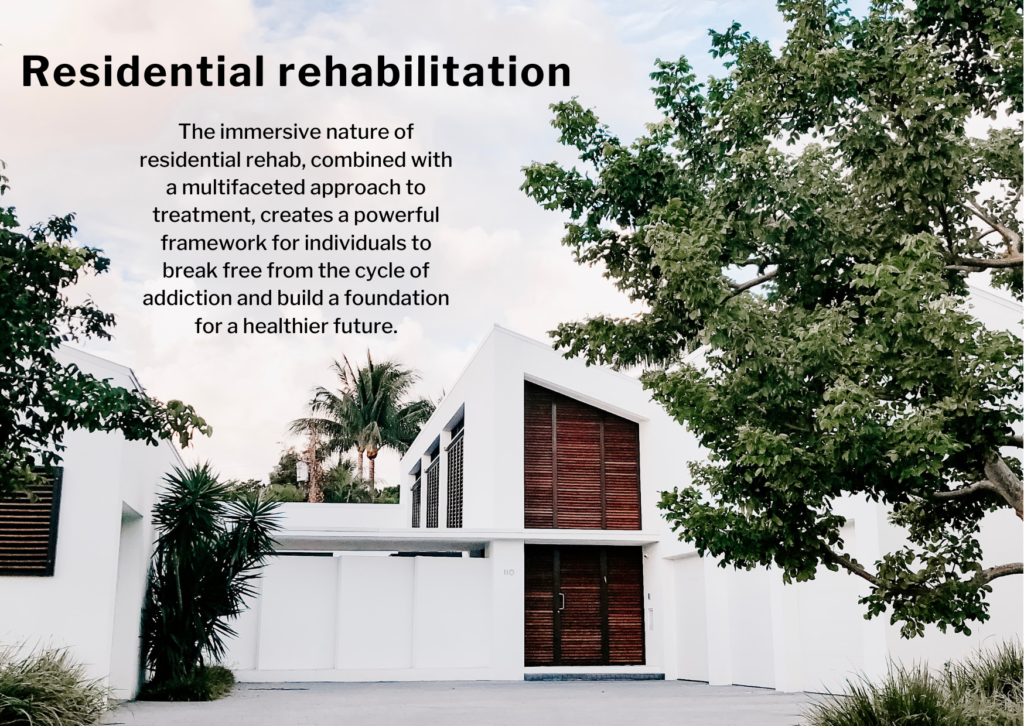
For many individuals struggling with addiction, the moment they seek help often follows a profound crisis—an overdose, a broken relationship, loss of employment, or a growing sense of hopelessness. It’s at this breaking point that residential rehabilitation can become a life-saving and life-changing decision. Far from being just a temporary fix, residential rehab offers a structured, supportive environment where individuals can move from crisis to clarity and begin a transformative journey toward lasting recovery.
The Power of Stepping Away
One of the defining features of residential rehab is the opportunity to step away from everyday life. In the midst of addiction, individuals are often surrounded by stressors, toxic relationships, and environments that fuel their substance use. Trying to recover while staying in the same surroundings can be overwhelming and ineffective.
Residential rehabilitation removes these immediate pressures, allowing individuals to focus entirely on themselves and their recovery. This physical and emotional separation provides a clear mental space where healing can begin. In that calm, controlled setting, the crisis starts to fade, and the process of gaining clarity begins.
Structure Brings Stability
Crisis thrives in chaos, and addiction often disrupts every area of a person’s life—from sleep and nutrition to relationships and responsibilities. Residential rehab replaces chaos with consistency. A structured daily routine, including therapy, group support, exercise, and wellness activities, creates a sense of order and predictability.
This stability helps individuals begin to rebuild their sense of control, make healthier choices, and experience the benefits of a balanced life. Routine doesn’t just manage time—it lays the foundation for long-term behavioral change and personal growth.
Professional Guidance and Emotional Insight
At the heart of residential treatment is access to a team of experienced professionals—therapists, medical staff, addiction specialists, and support workers. These professionals provide not only clinical care but also emotional support and guidance.
Through individual and group therapy, residents begin to understand the root causes of their addiction—unresolved trauma, mental health issues, grief, or chronic stress. As the fog of crisis clears, individuals start to gain insights into their own thoughts and behaviors, uncovering the reasons behind their substance use. This clarity is essential for true healing.
Connection and Community
In residential rehab, people don’t walk their path alone. They are surrounded by others who are also committed to change. Sharing experiences, challenges, and victories with peers who understand creates a powerful sense of belonging and mutual support.
This sense of community helps individuals feel less alone in their struggles and more hopeful about their future. It reinforces the idea that recovery is not only possible—it’s something worth fighting for, together.
A Defining Turning Point
The journey through residential rehab marks more than just a break from substance use—it’s a turning point. It’s where individuals move from surviving to healing, from confusion to understanding, from crisis to clarity. It’s where they begin to envision a future beyond addiction and take the first real steps toward building it.
Conclusion
Residential rehabilitation transforms crisis into opportunity. By providing safety, structure, support, and insight, it becomes the crucial turning point where lives are not just saved—but changed. For many, it is the first time in a long while that they truly see a way forward—and begin to believe in it.








